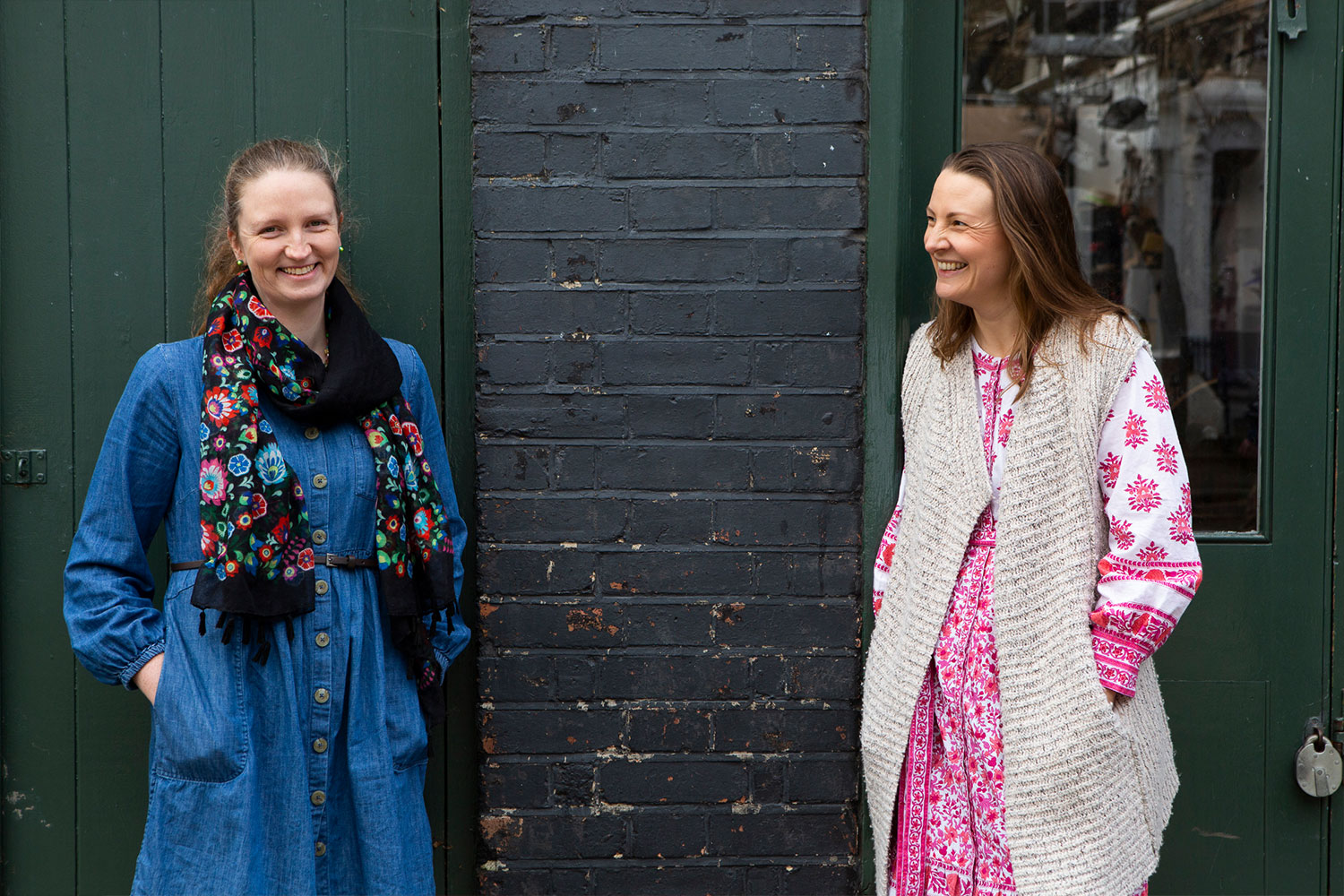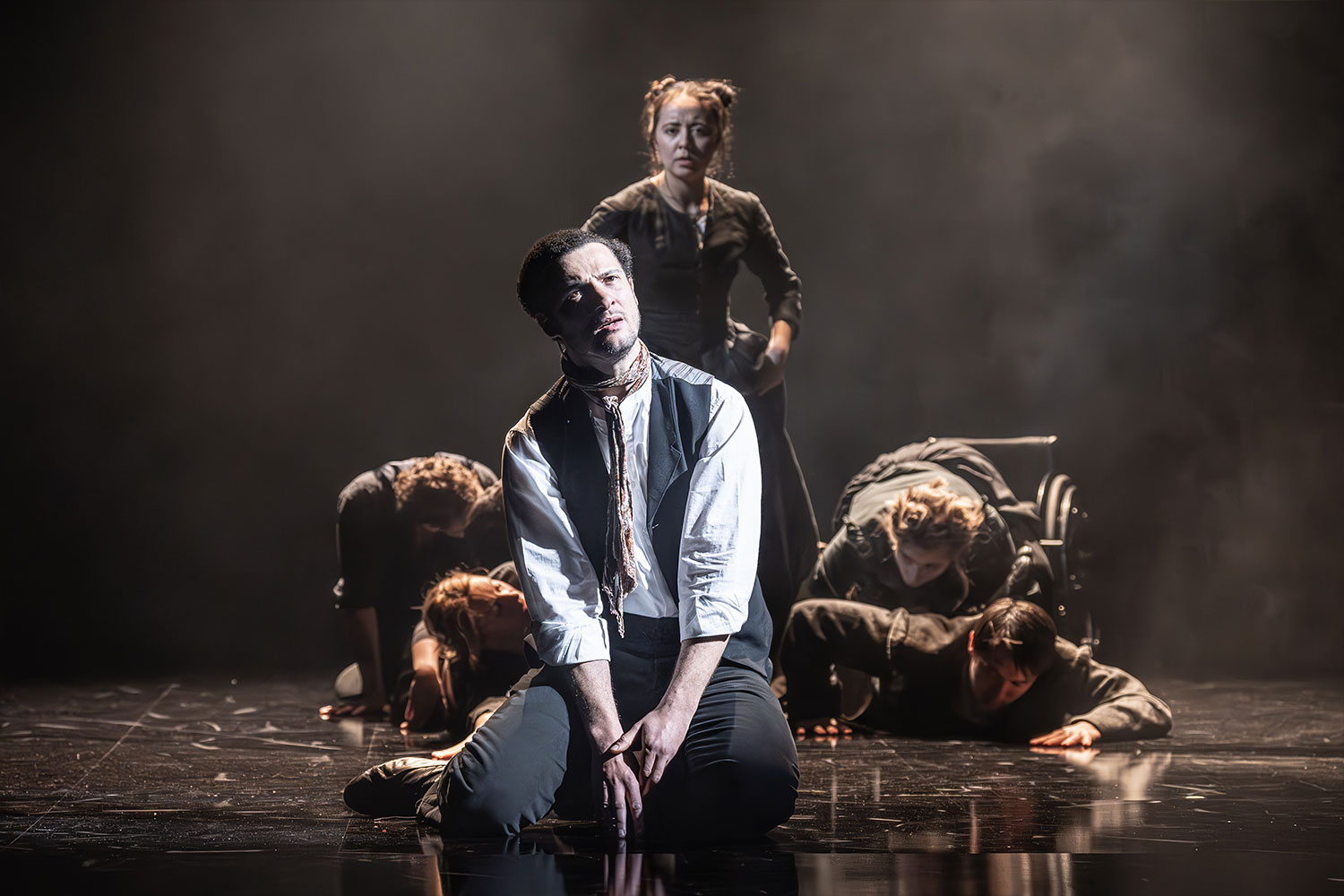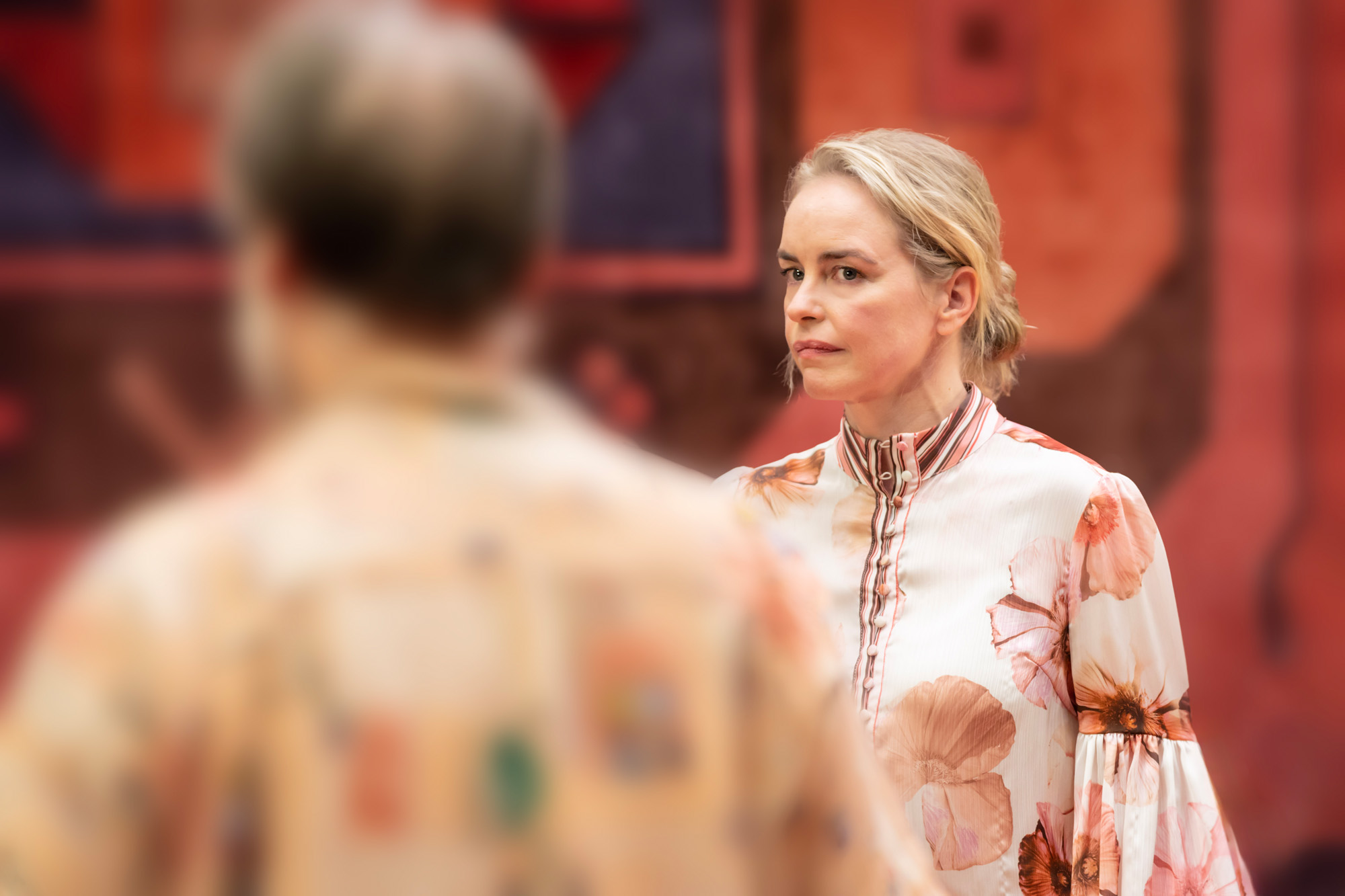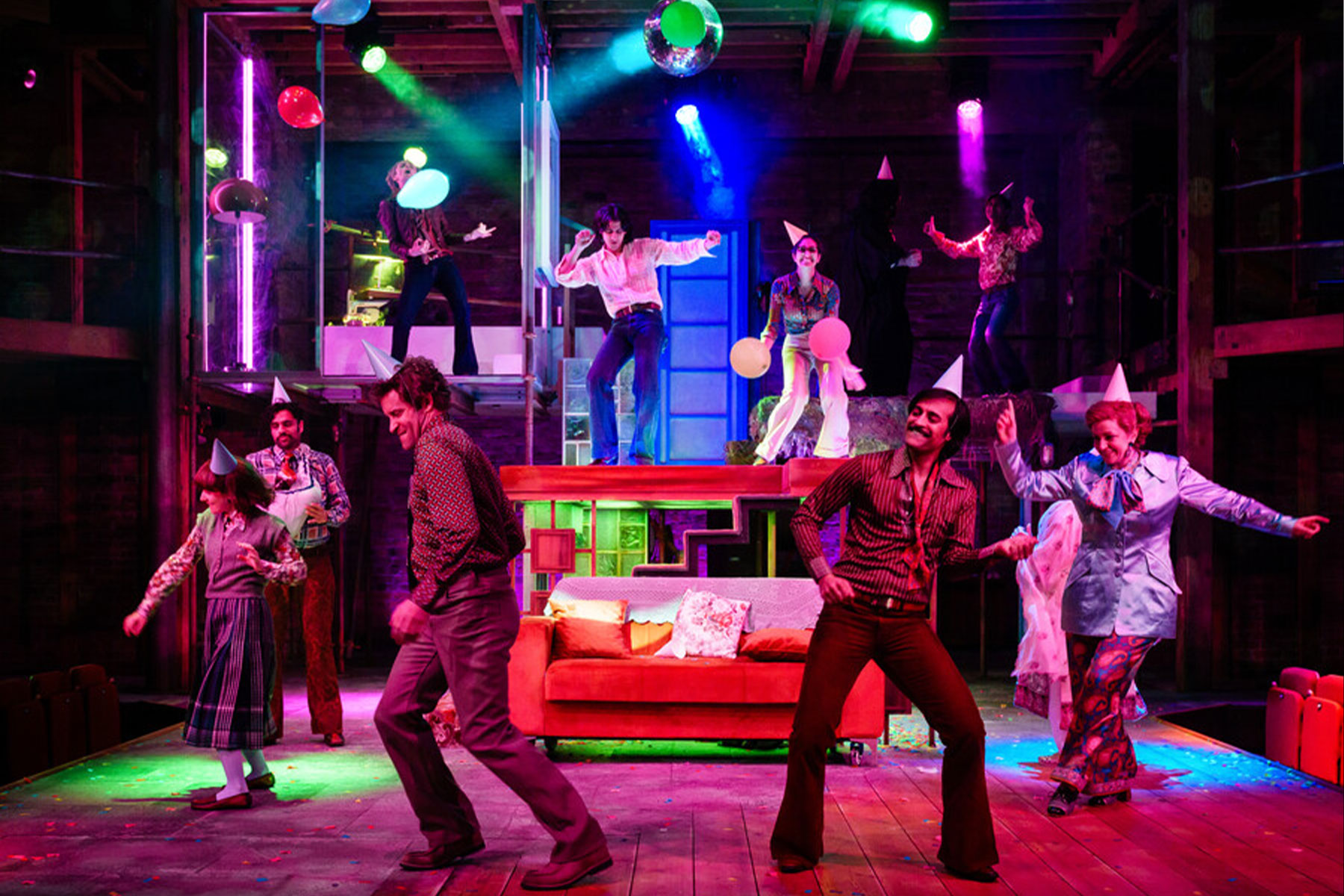Major Barbara (Orange Tree)
The Orange Tree celebrates the 150th anniversary of George Bernard Shaw’s birth with a splendid production of one of his most substantial works. Originally staged by Harley Granville-Barker at the Royal Court 101 years ago, Major Barbara features a classic Shavian debate about such weighty matters as religion, war, capitalism and socialism, delivered with the usual paradoxical humour and epigrammatic wit.
The play focuses on the eccentric Undershaft family. Lady Britomart Undershaft asks her estranged husband Andrew to come to the family home in Belgravia to discuss (and finance) the futures of their three children. Although due to a quirk of tradition, Undershaft, a millionaire armaments manufacturer, will only pass on his huge international business to a foundling, he realizes his strong-willed daughter Barbara has the right temperament for the job.
The trouble is, as a ‘Major’ in the Salvation Army, Barbara is trying to save the souls of the poor, while she is engaged to an impoverished professor of Greek, Adolphus (‘Dolly’) Cusins. Father and daughter strike a deal that he will visit the shelter she runs in West Ham if she will come and see his munitions factory in Perivale. But how can Undershaft persuade his independent-minded daughter to accept the profiting from war she regards as ‘devil’s work’, and still find a foundling successor?
Director Sam Walters has had the inspired idea of using ‘Undershaft’ explosives crates as chairs and tables in both the home and the shelter, emphasizing how the luxury enjoyed by the family and the charity dispersed by the Salvation Army are dependent on the money Undershaft makes from selling arms. Moreover, as a self-made man himself, for whom ‘poverty is the worst of all crimes,’ Undershaft has built an enlightened factory town for his employees. In the central thematic conflict between the idealism and pragmatism embodied by Barbara and her father, it seems that (unwittingly?) most of Shaw’s creative energy has gone into the charismatic form of the Machiavellian capitalist.
Octavia Walters gives an excellent performance as Barbara, bringing human warmth to her missionary zeal and showing how her religious faith is ultimately converted into socialism. Robert Austin’s deep-voiced Undershaft commands the stage with an impressively understated authority. As Lady Britomart, dishing out haughty put-downs in the name of conventional morality, Jacqueline King is a Lady Bracknell in waiting. And David Antrobus makes a slyly amusing ‘Dolly’, an ironic intellectual who is dismayed to find that he too is seduced by the lure of power when it comes knocking.
– Neil Dowden










